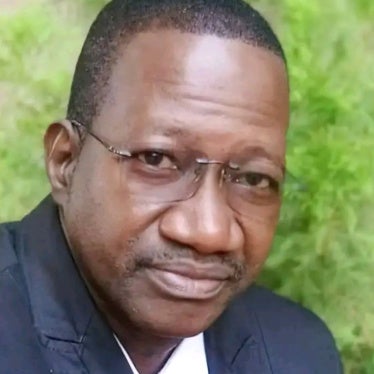King Mswati III of Swaziland should reconsider a recent royal decree eliminating bail for some crimes, banning two publications, and making the punishment for defamation more severe.
In a letter to the King, Human Rights Watch called on the Swaziland government to work with the Constitutional Reform Commission to ensure basic human rights.
On May 4, 2001, the Swaziland Information minister Mntonzima Dlamini invoked the 1968 Proscribed Publications Act and banned "The Nation" magazine and "The Guardian" newspaper. Both were deemed prejudicial or potentially prejudicial to the interests of Swaziland defense, public safety, order, health or morality. On June 22, 2001, after the High Court of Swaziland had ruled this ban illegal, King Mswati issued Royal Decree Number 2, which reinstated the ban and allowed for the confiscation of the publications.
"The most recent decree appears to use government control over the licensing of publications to censor speech critical of the government, and threatens the existence of the private press," said Peter Takirambudde, executive director of the Africa Division of Human Rights Watch. "Journalists and vendors have been harassed and prevented from doing their jobs," Takirambudde added.
In addition, the Royal Decree eliminates bail for a wide range of crimes, including holding unlawful public demonstrations, and gives the Justice Minister the power to hire and fire judges at will. This violates the rights of liberty and security of person and undercuts judicial independence and the rule of law. It paves the way for the government to arrest and detain critics of the government for long periods. Including this in the decree further undermines the legitimate role of the judiciary by revoking a 1993 court order making the elimination of bail unconstitutional.
Human Rights Watch urged King Mswati and his government to work with the Constitutional Reform Commission, as well as members of civil society, to rectify this situation to protect freedom of expression, association and a fair and impartial judiciary.
Human Rights Watch also called on King Mswati to sign and ratify the International Covenant on Civil and Political Rights to ensure basic human rights to all Swaziland citizens.
A copy of the letter to King Mswati III is available here.







